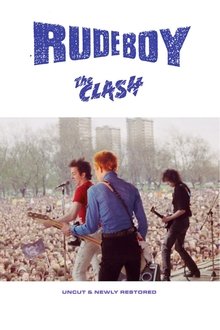Starring Vehicle for Free Kitten. Kim Gordon, Julie Cafritz, & Mark Ibold lounge on suburban lawns, jamming a guitar effects box & Japanese beat boxes. Thurston reads lyrics off Public Service (early 80's L.A. hardcore compilation), and Saccharine Trust's "Pagan Icons". Mark, in English accent, reads bio penned by Byron Coley.
Related Movies
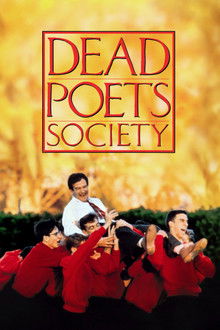
Dead Poets Society (1989)
At an elite, old-fashioned boarding school in New England, a passionate English teacher inspires his students to rebel against convention and seize the potential of every day, courting the disdain of the stern headmaster.
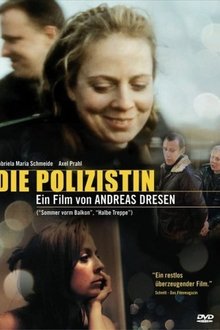
Policewoman (2000)
A young police woman is faced with the difficulties between her responsibilities at work and her personal responsibilities.
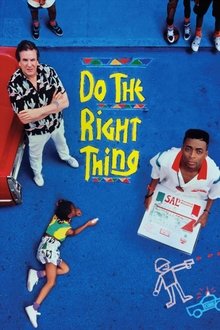
Do the Right Thing (1989)
Salvatore "Sal" Fragione is the Italian owner of a pizzeria in Brooklyn. A neighborhood local, Buggin' Out, becomes upset when he sees that the pizzeria's Wall of Fame exhibits only Italian actors. Buggin' Out believes a pizzeria in a black neighborhood should showcase black actors, but Sal disagrees. The wall becomes a symbol of racism and hate to Buggin' Out and to other people in the neighborhood, and tensions rise.
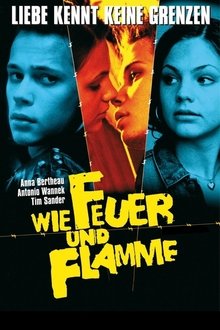
Never Mind the Wall (2001)
Germany 1982: The country is divided into two parts. Nele, coming from West-Germany, travels to East-Germany where she meets Captain, singer of a band. They fall in love with each other, but the regime "takes care" of their relationship, meaning: They can not see each other again. Germany 1990: The country is reunited. Nele starts searching their lost love...
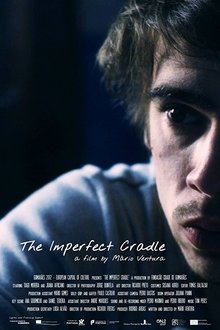
The Imperfect Cradle (2013)
Two childhood friends grew up and face strange feelings now. One of them tries to explore that feelings by words and their relationship becomes uncomfortable. When the words stay in silence they discover what they are looking for.
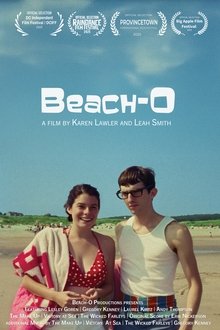
Beach-O (2025)
This 16mm short film is an homage to the campy beach movies of the 1960s, set within a late 90s time capsule. Shot in 1998 and completed in 2025, the music-driven film features performances by DC and Boston indie rock legends The Make Up, Victory At Sea, and The Wicked Farleys. The film follows Greg and Lesley as they enjoy a summer’s day at the beach. After they befriend a group of locals, their day takes an unexpected turn when everyone gets hungry…
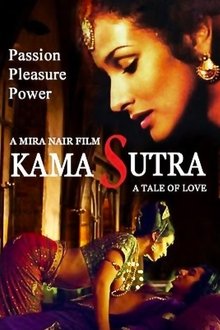
Kama Sutra: A Tale of Love (1997)
Tara and Maya are two inseparable friends in India. Their tastes, habits, and hobbies are the same. Years later, the two have matured, but have maintained their friendship. Tara gets married to the local prince, Raj Singh, who soon succeeds the throne as the sole heir. After the marriage, Raj gets bored of Tara and starts seeking another female to satisfy his sexual needs. He notices Maya and is instantly attracted to her. He has her included as one of his courtesans, and is intimate with her. Watch what happens when Tara finds out and the extent she will go to keep her marriage intact.
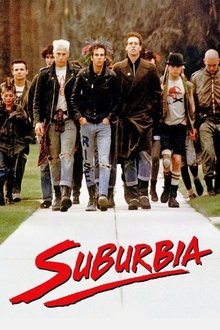
Suburbia (1984)
When household tensions and a sense of worthlessness overcome Evan, he finds escape when he clings with the orphans of a throw-away society. The runaways hold on to each other like a family until a tragedy tears them apart.
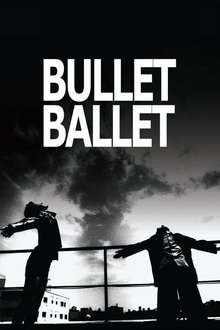
Bullet Ballet (1998)
After his girlfriend commits suicide, a man becomes embroiled in gang warfare attempting to obtain a gun in hopes to kill himself.
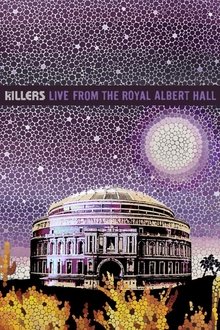
The Killers: Live from the Royal Albert Hall (2009)
A live video album by American rock band The Killers. The album is pulled from two nights the band performed at the Royal Albert Hall in July 2009, and also includes footage from festival dates the band headlined during the middle months of 2009.

The Godfathers of Hardcore (2018)
Documentary following Roger Miret and Vinnie Stigma of the band, Agnostic Front who played a key role in defining, shaping and establishing the sound and cultural code of conduct for the still-thriving movement. Unlike the dozens of bands that have come and gone, Agnostic Front is still going strong.
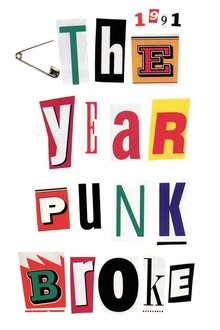
1991: The Year Punk Broke (1992)
David Markey's documentary of life on the road with Sonic Youth and Nirvana during their tour of Europe in late 1991. Also featuring live performances by Dinosaur Jr, Babes in Toyland, The Ramones and Gumball.
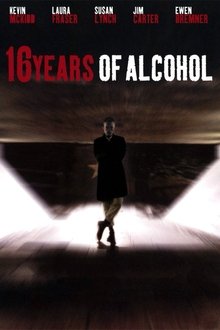
16 Years of Alcohol (2003)
16 Years of Alcohol is a 2003 drama film written and directed by Richard Jobson, based on his 1987 novel. The film is Jobson's first directorial effort, following a career as a television presenter on BSkyB and VH-1, and as the vocalist for the 1970s punk rock band The Skids.
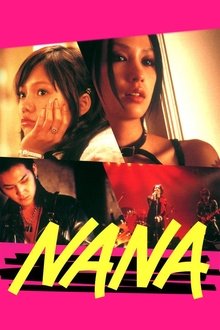
Nana (2005)
Two girls named Nana meet on a train to Tokyo. Nana K. aims to reunite with her boyfriend and Nana O. hopes to make it big in the music business. Despite their differences, the pair hit it off and become roommates.
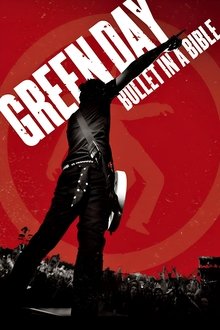
Green Day: Bullet in a Bible (2005)
Bullet in a Bible documents one of the two biggest shows that Green Day have performed in their career. They played in front of a crowd of over 130,000 people at the Milton Keynes National Bowl in United Kingdom on June 18–19, 2005. The band was supported by Jimmy Eat World, Taking Back Sunday, and Hard-Fi during their American Idiot world tour. Fourteen of the twenty songs performed at these shows were included on the disc; missing out "Jaded", "Knowledge", "She", "Maria", "Homecoming" and "We Are The Champions". Bullet in a Bible was released as a double-LP set on November 10, 2009, as part of the band's 2009 vinyl re-release campaign.
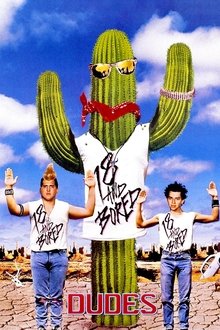
Dudes (1987)
Two punks from the big city, traveling across the country in a Volkswagen bug, embrace the western ethos when they must take revenge against a group of rednecks for killing their friend in this lighthearted road movie. Along the way, they enlist the help of a young woman who runs a wrecking service.
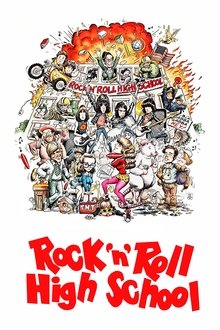
Rock 'n' Roll High School (1979)
A group of rock-music-loving students, with the help of the Ramones, take over their school to combat its newly installed oppressive administration.
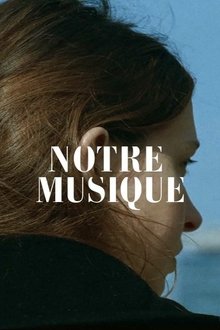
Notre Musique (2004)
A three-chapter (Hell, Purgatory and Paradise) meditation on the city of Sarajevo in the wake of the Bosnian war, on Palestine and Israel, and on war itself.
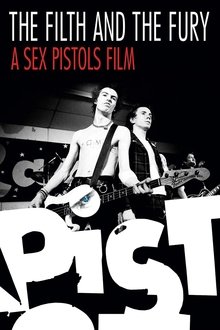
The Filth and the Fury (2000)
Julien Temple's second documentary profiling punk rock pioneers the Sex Pistols is an enlightening, entertaining trip back to a time when the punk movement was just discovering itself. Featuring archival footage, never-before-seen performances, rehearsals, and recording sessions as well as interviews with group members who lived to tell the tale--including the one and only John Lydon (aka Johnny Rotten).
